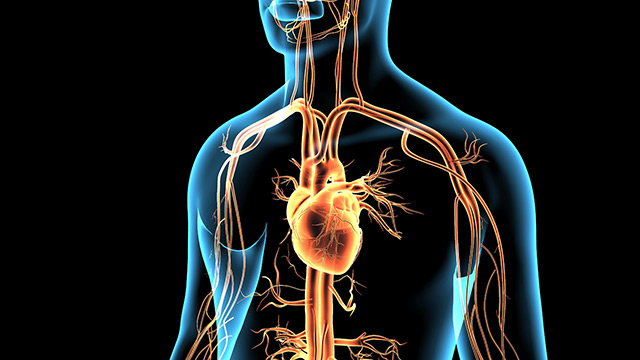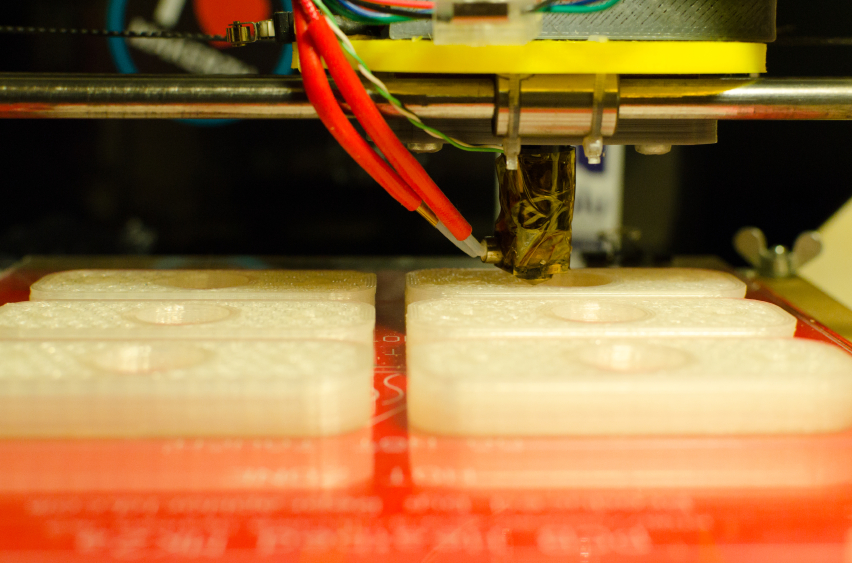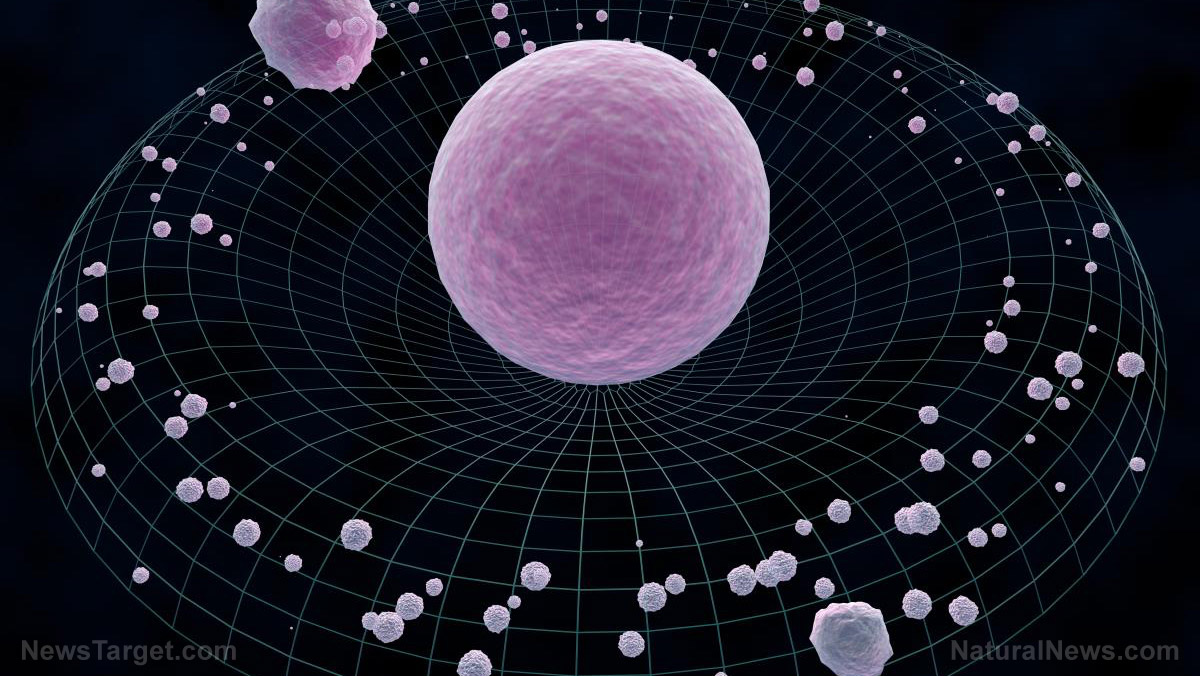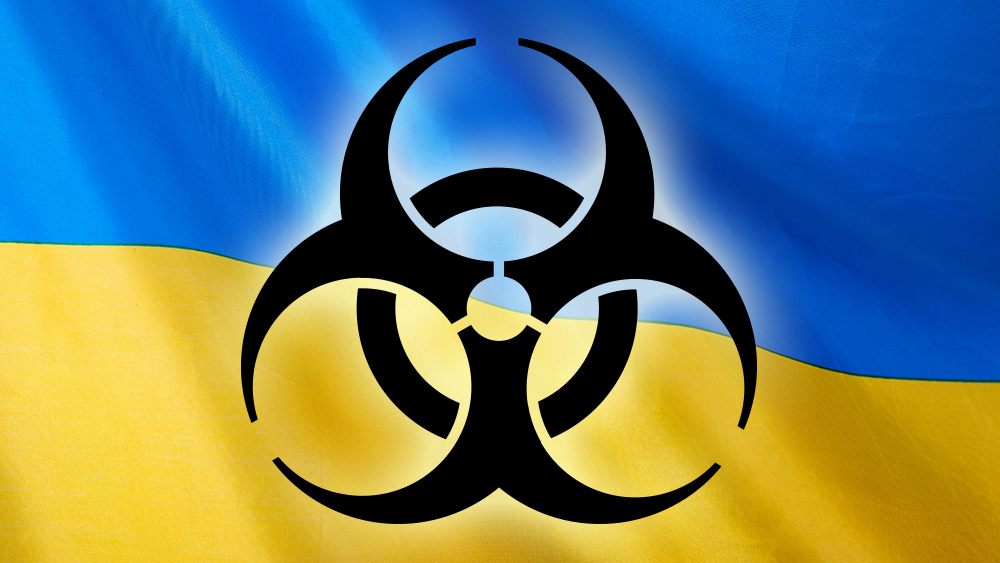Large Nordic study finds that mRNA covid “vaccines” increase risk of myocarditis
04/27/2022 / By Ethan Huff

A massive peer-reviewed study has concluded that getting “vaccinated” for the Wuhan coronavirus (Covid-19) with one of the mRNA (messenger RNA) injections from either Pfizer-BioNTech or Moderna greatly increases one’s risk of developing myocarditis.
The study included more than 23 million people from the Nordic countries of Denmark, Finland, Norway and Sweden. It was published in the Journal of the American Medical Association (JAMA).
Researchers and health agencies from the aforementioned countries teamed up to look at the data, identifying 1,077 “incident myocarditis events” and 1,149 “incident pericarditis events” among 23,122,522 Nordic residents.
Eighty-one percent of this number was considered vaccinated by the end of the study, and 50.2 percent were female.
“Within the 28-day period, for males and females 12 years or older combined who received a homologous schedule, the second dose was associated with higher risk of myocarditis,” the study found. (Related: Earlier research confirmed much the same about mRNA myocarditis risk.)
The cohort study determined that higher rates of myocarditis and pericarditis were seen within 28 days post-injection with a SARS-CoV-2 mRNA injection compared to those who refused the jab.
“The risks of myocarditis and pericarditis were highest within the first 7 days of being vaccinated, were increased for all combinations of mRNA vaccines, and were more pronounced after the second dose,” the study explains.
“A second dose of mRNA-1273 had the highest risk of myocarditis and pericarditis, with young males aged 16 to 24 years having the highest risk.”
Getting jabbed with Moderna increases your risk of heart problems by 1,500 percent
According to Dr. Rickard Ljung from the Swedish Medical Products Agency – Ljung was also one of the researchers involved with the study – the extra cases of myocarditis and pericarditis seen in young men aged 16-24 corresponds to a 500 percent increased risk following Comirnaty (the Pfizer injection), and a 1,500 percent increased risk following Spikevax (Moderna).
This means that the Moderna injection is by far the most dangerous shot, though the Pfizer-BioNTech shot is not far behind it.
While the risk of developing myocarditis or pericarditis from covid itself is highest in older age groups, younger age groups are most susceptible to it from the injections – almost as if the jabs were designed to harm young people more so than older people.
“The risk of myocarditis associated with vaccination against SARS-CoV-2 must be balanced against the benefits of these vaccines,” the study concluded. “Myocarditis after mRNA vaccination was rare in this study cohort and even among young males.”
They always have to throw this caveat in, by the way, presumably to get the study published in the first place. If they did not pretend as though the benefits still outweigh the risks and claim that only a very small number of people end up getting harmed, the study probably would have gotten scrapped from publishing.
Dr. Peter McCullough, chief medical adviser at the Truth for Health Foundation, says that the benefits do not, in fact, outweigh the risks when it comes to getting jabbed for the Fauci Flu.
“In cardiology we spend our entire career trying to save every bit of heart muscle. We put in stents, we do heart catheterization, we do stress tests, we do CT angiograms,” McCullough is quoted as saying. “The whole game of cardiology is to preserve heart muscle.”
“Under no circumstances would we accept a vaccine that causes even one person to sustain heart damage. Not one. And this idea that ‘oh, we’re going to ask a large number of people to sustain heart damage for some other theoretical benefit for a viral infection,’ which for most is less than a common cold, is untenable. The benefits of the vaccines in no way outweigh the risks.”
More related news about the dangers associated with Wuhan coronavirus (Covid-19) “vaccines” can be found at ChemicalViolence.com.
Sources for this article include:
Submit a correction >>
Tagged Under:
Big Pharma, biological weapon, COVID, genocide, heart health, myocarditis, Nordic, pharmaceutical fraud, Plandemic, research, spike protein, vaccine damage, vaccine injury, vaccines
This article may contain statements that reflect the opinion of the author
RECENT NEWS & ARTICLES
COPYRIGHT © 2017 RESEARCH NEWS




















